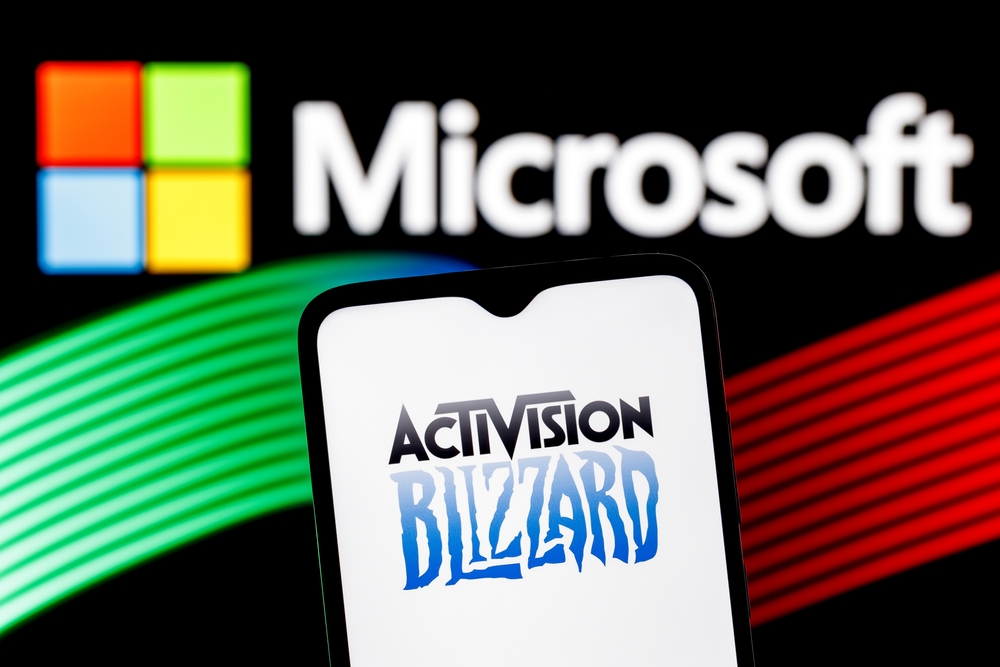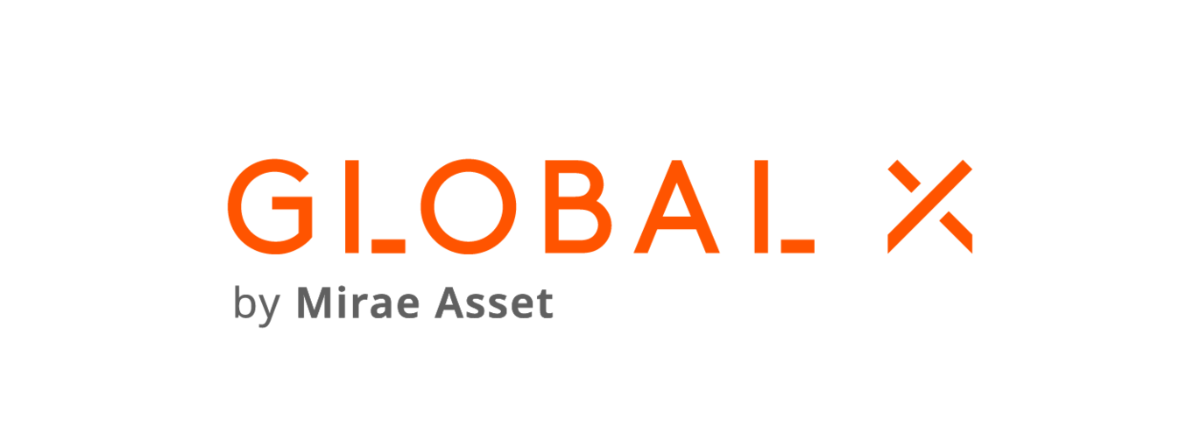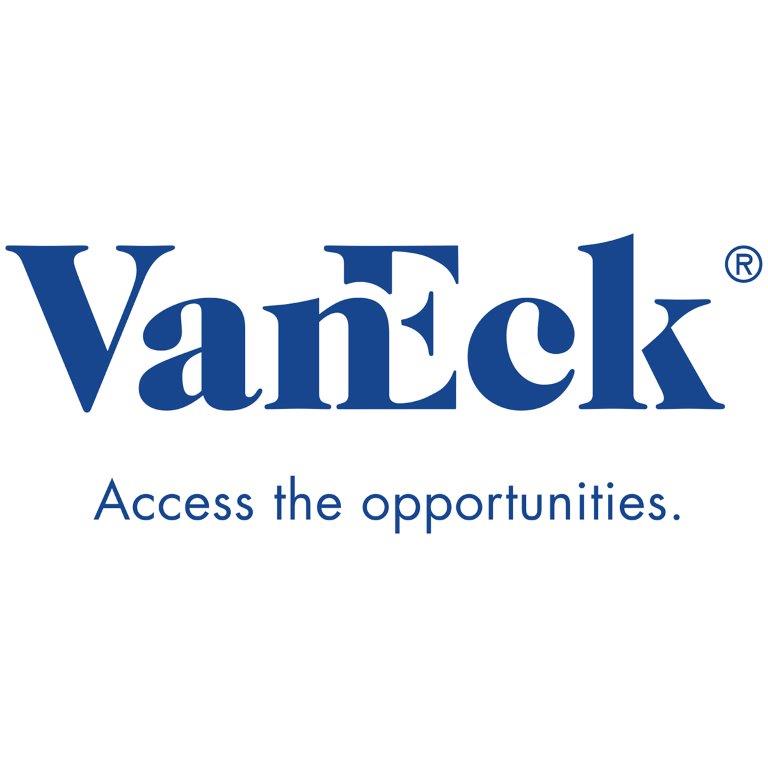Video gaming ETFs from VanEck and Global X saw their performance knocked this week as the UK’s Competition and Markets Authority (CMA) blocked Microsoft’s plans to buy game publisher Activision. The Global X Video Games & Esports UCITS ETF (HERU) and the VanEck Video Gaming & eSports UCITS ETF (ESPO) edged lower on Wednesday after Activision Blizzard dropped as much as 11% on the CMA's decision.
In January 2022, Microsoft offered to purchase Activision for $68.7bn, or $95 per share, a large premium to the $65 the stock was trading for ahead of the buyout announcement.
After yesterday’s decline, Activision was trading at $77.
Cloud concerns
The CMA cited concerns about Microsoft’s dominance in the cloud gaming market in its explanation for why it rejected the deal.
Cloud gaming is when video games are run on powerful computers and then streamed to a gamers’ devices, similar to how movies and shows are streamed to viewers’ TVs through services like Netflix. This allows gamers to play high-fidelity games without using dedicated gaming devices such as consoles and gaming PCs.
“The cloud gaming market is growing rapidly, with the average number of UK cloud gamers tripling between 2021 and 2022,” the CMA wrote.
“Microsoft already has strong advantages in the market, owning: Windows, the leading PC operating system for which most PC games are made; significant cloud infrastructure and systems; and Xbox and a portfolio of leading games,” it continued.
“If Microsoft were to buy Activision, that position would only become stronger, reducing competition in cloud gaming, and affecting how the market develops. The evidence available to the CMA showed that Microsoft would find it commercially beneficial to make Activision’s games exclusive to its own cloud gaming service, making it harder for other platforms to compete. Reduced competition could mean less choice and a lack of new, exciting innovations for UK gamers in the future.”
Though certainly a blow to Microsoft’s ambitions to buy Activision, the CMA’s decision is not the final word on the matter.
Following the CMA’s decision, the two companies announced their intention to appeal. “We remain fully committed to this acquisition and will appeal. The CMA’s decision rejects a pragmatic path to address competition concerns and discourages technology innovation and investment in the UK," the companies wrote in a joint statement.
"We have already signed contracts to make Activision Blizzard’s popular games available on 150 million more devices, and we remain committed to reinforcing these agreements through regulatory remedies. We’re especially disappointed that after lengthy deliberations, this decision appears to reflect a flawed understanding of this market and the way the relevant cloud technology actually works.”
But analysts said overcoming the CMA’s rejection in an appeal will be extremely difficult. “Essentially, there has never been a successful appeal in the UK on an antitrust decision,” Aaron Glick, a merger arbitrage strategist at TD Cowen, told Bloomberg.
Moreover, even if Microsoft somehow wins its appeal against the CMA, it must also prevail against the US Federal Trade Commission in the FTC’s lawsuit seeking to block the acquisition.
Big weighting in ATVI
For investors in HERU and ESPO, the CMA’s curveball is bad news with both ETFs holding 6% of their portfolios in ATVI.
HERU invests in companies that “develop or publish video games, facilitate the streaming and distribution of video gaming or esports content, own and operate within competitive esports leagues, or produce hardware used in video games and esports, including augmented and virtual reality,” while ESPO has a similar mandate to invest in companies “involved in video game development, esports, and related hardware and software”. But despite sharing similar investment strategies, the performance of the two ETFs has deviated significantly this year. HERU is up 5.8% while ESPO is up closer to 16.4%, as at 28 April.
Most of that difference comes from ESPO’s large position in the high-flying shares of chip giant Nvidia, which is the ETF’s top holding with an 8.5% weighting. In contrast, HERU does not own the stock at all.
It is another example of two thematic ETFs that look similar on the surface but are actually quite different under the hood.
This article was originally published on ETF.com




